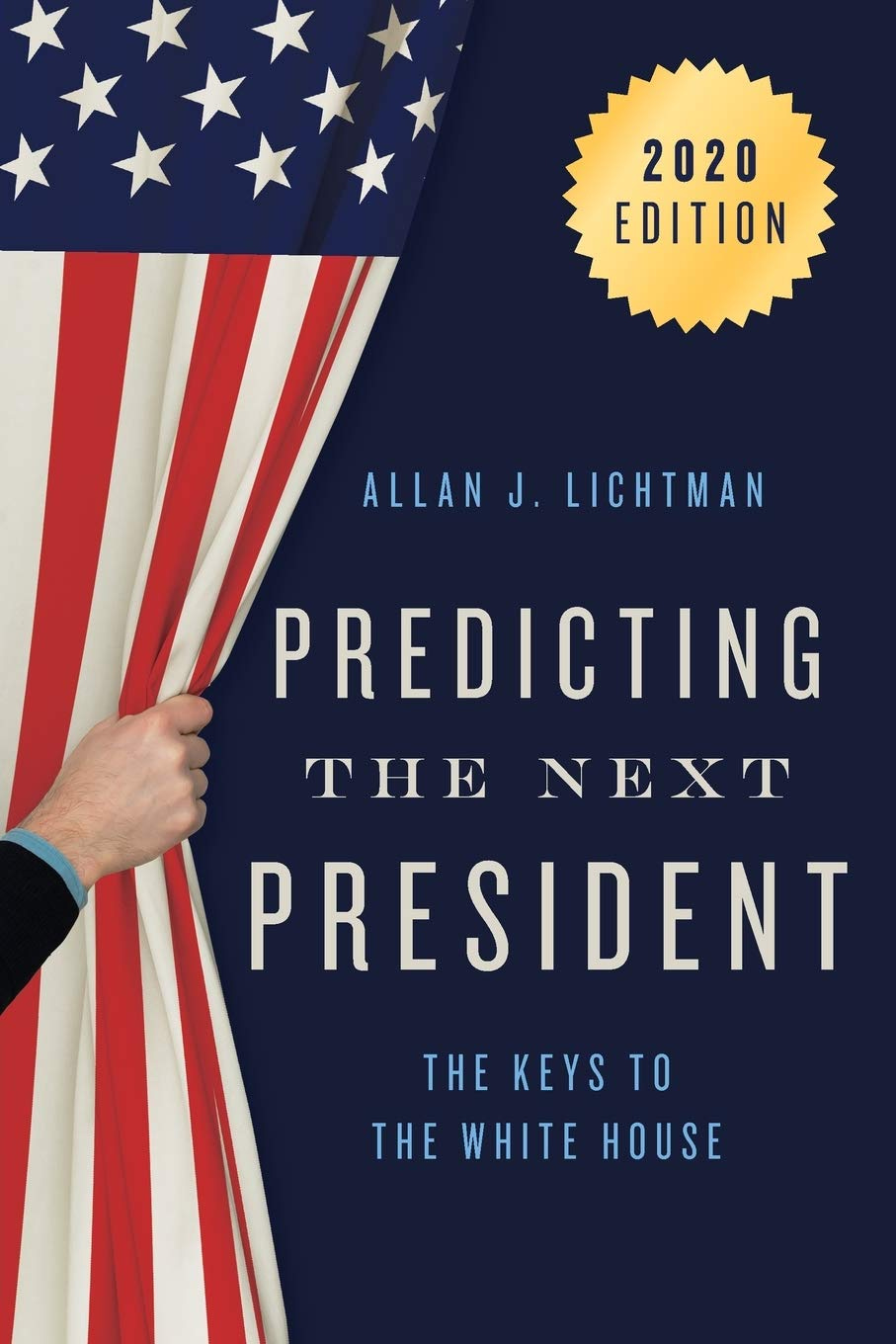The Keys to the White House 2024
We re-visit an empirical US election framework (Allan Lichtman's Keys to the Whitehouse) as a complementary piece to polling and betting market data for the 2024 US elections.
This post was first published to VP clients on December 11, 2023.
"Man + Machine" applied to politics / history
We do not profess to be political gurus. Our approach is to look for historical analogies to contextualize today's environment. For example, at the outset of the Russian-Ukraine war, we flagged 20th-century examples of surprise wars and the market implications (link). Today, we re-visit a US election framework that we last flagged in 2020 (link).
Polling data and betting markets remain the primary tools to analyze election outcomes, but these tend to be widely followed, reducing the “edge” from using them in isolation.
In this report, we highlight again a fairly differentiated US election framework developed by historian Allan Lichtman. According to Lichtman, elections should NOT be thought of as voters looking to the future and deciding between alternative policies and personalities. Rather elections are referendums on the past.
Voters can be happy with the past four years and want a continuation of the status quo (favoring the incumbent party). Voters can also be unhappy with the past four years and simply want change - irrespective of the type of change - which would favor the challenging party.
This framework was originally developed in Lichtman’s 1981 paper with Russian scientist Vladimir Keilis-Borok: Pattern recognition applied to presidential elections in the United States, 1860-1980: Role of integral social, economic, and political traits. Since then, Lichtman has published books periodically on the same framework titled The Keys to the White House.
The Keys to the White House
Lichtman proposes 13 yes or no questions to determine if voters are happy with the past 4 years and likely to vote for the incumbent party. These include questions such as whether real incomes have increased, if there have been any scandals, and if a third-party challenger is running. The questions are worded from the perspective of the incumbent party.
If 8 or more conditions are satisfied out of the 13, the incumbent party is predicted to win. Using this simple checklist framework, he has "predicted” all the out-of-sample elections since 1984.
The reason we put the word predicted in quotes is because there are a few quirks with his out-of-sample results. In the 2000 election, his system predicted Al Gore to win, who did win the popular vote but lost narrowly in the electoral college. In 2016, his system predicted Donald Trump would win, but Trump lost the popular vote.
Nevertheless, we think this simple checklist offers plenty of food for thought on handicapping election risks. The table below sets out Lichtman’s 13 conditions along with our current assessment of whether the conditions have been met and the likelihood the condition will still hold on the eve of the election.
Based on our current assessment, the incumbent Democrats' score of 7.5 is just below the 8 threshold, which means they are likely to narrowly lose the 2024 election. There are a few key uncertainties at present, so we have assigned a 0.5 score to these topics:
a) whether the Trump presidency resets the bar for what counts as a scandal
b) if the US economy will be in recession on the eve of the election
c) if social unrest ramps up in 2024 as election season heats up
There is also still some small uncertainty about Biden and Trump becoming the nominees. We have assumed they will be the nominees again for the purposes of our assessment.
For context, the incumbent Republicans had a score of 6 on the eve of the 2020 elections, while the incumbent Democrats had a score of 7 on the eve of the 2016 election. The generic congressional polls are now giving a slight edge to the Republicans, in line with Lichtman's framework.
We will periodically update the keys as necessary next year.
For more insights into our investment framework, visit our website.






Thats a very interesting way to predict outcomes. Its true that elections are basically a reflection of the past, i didnt really think about it like that.